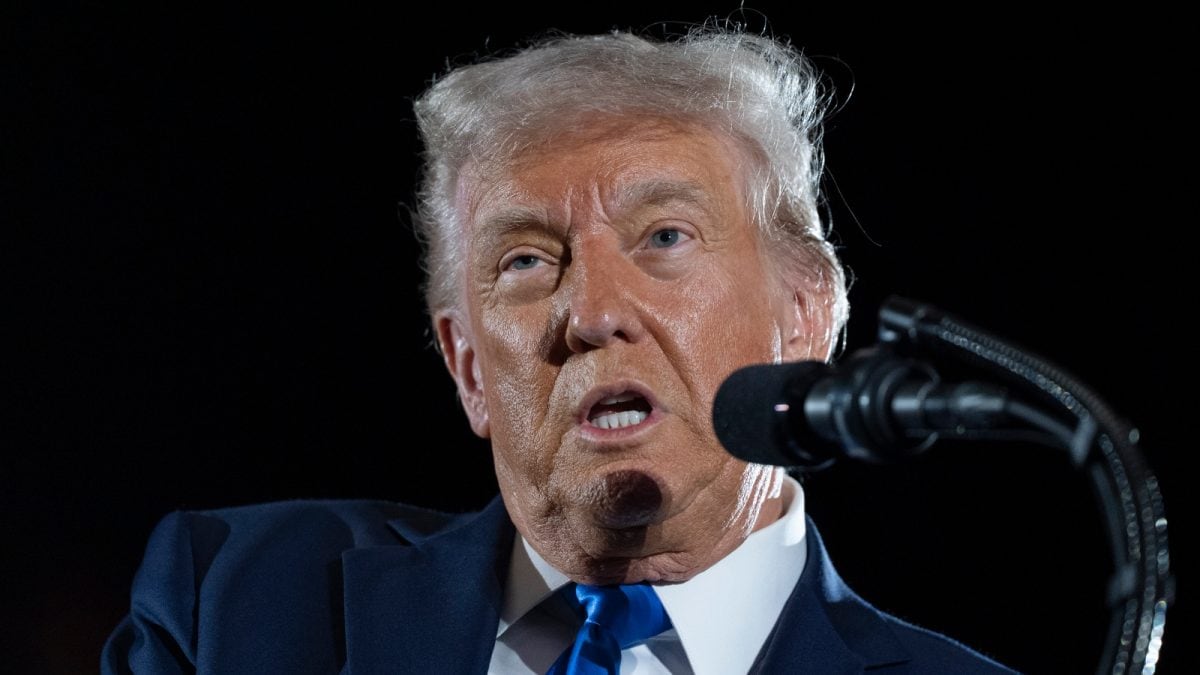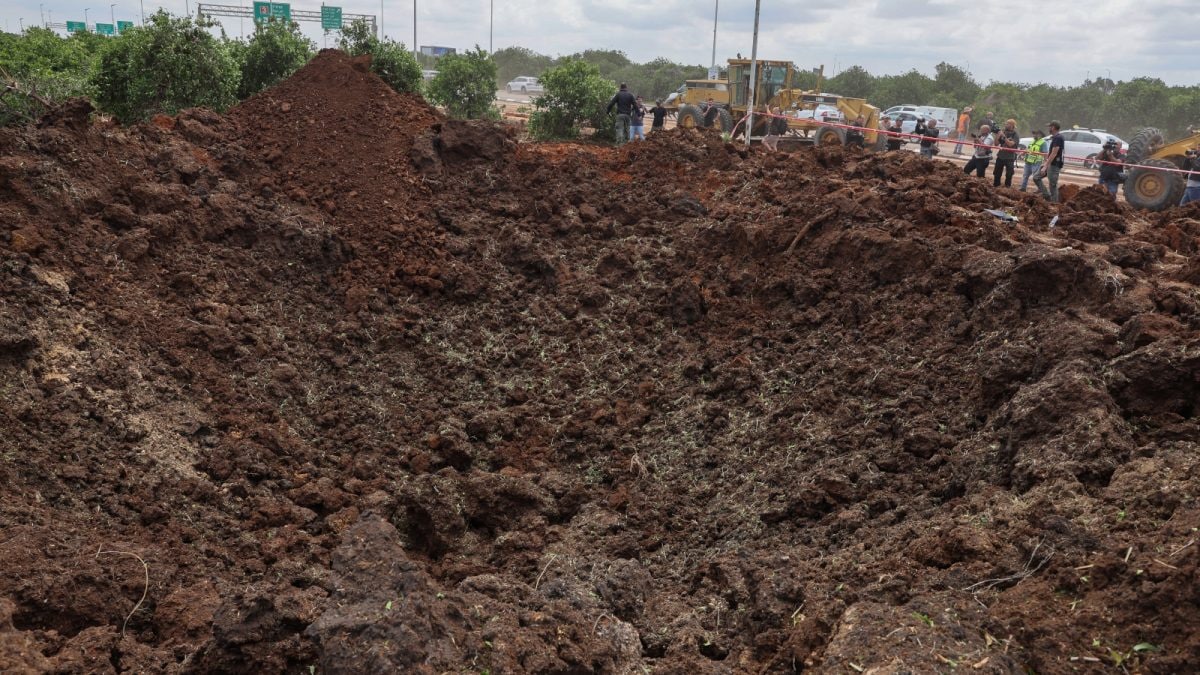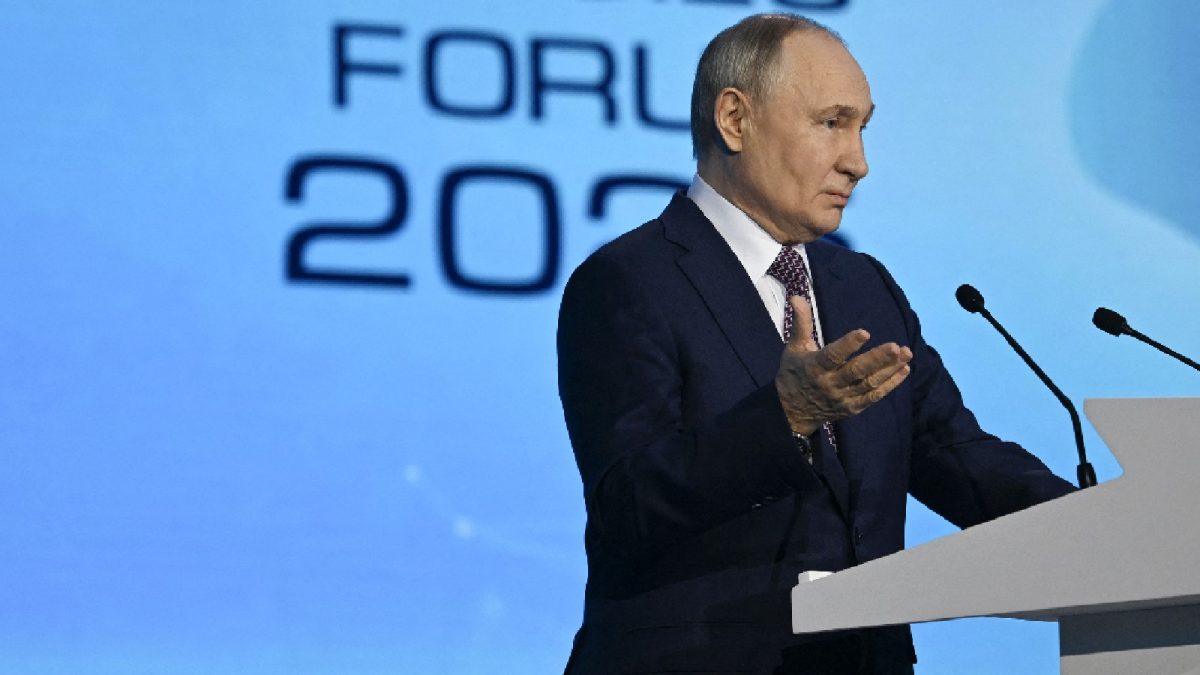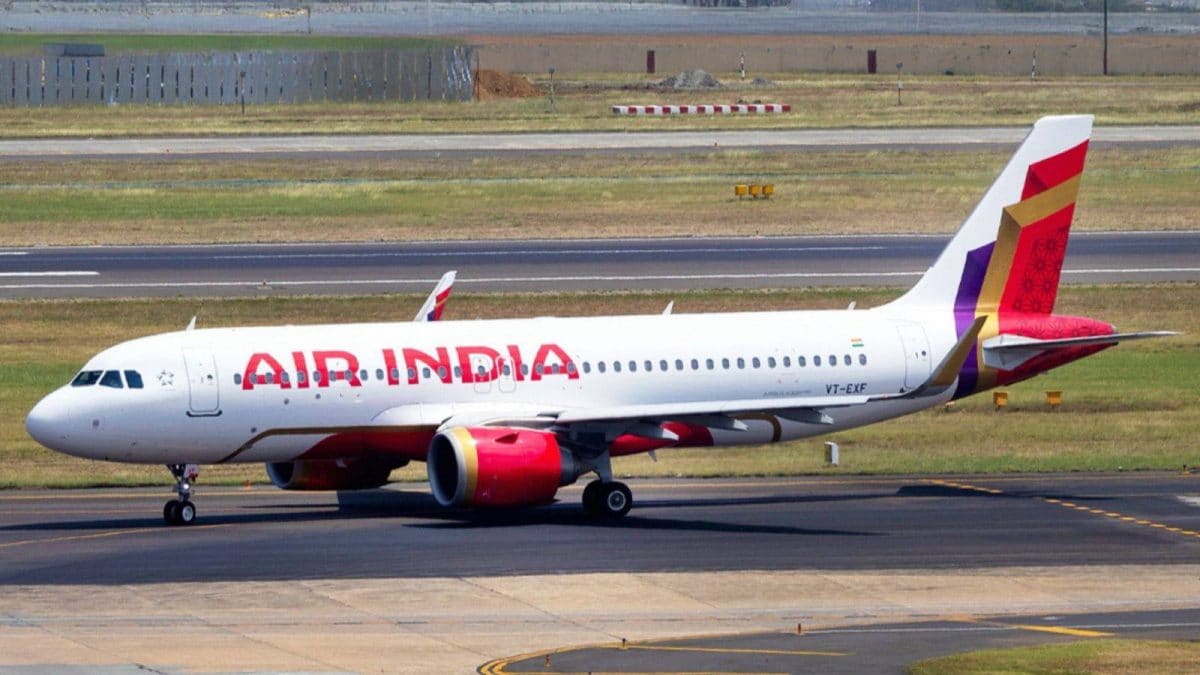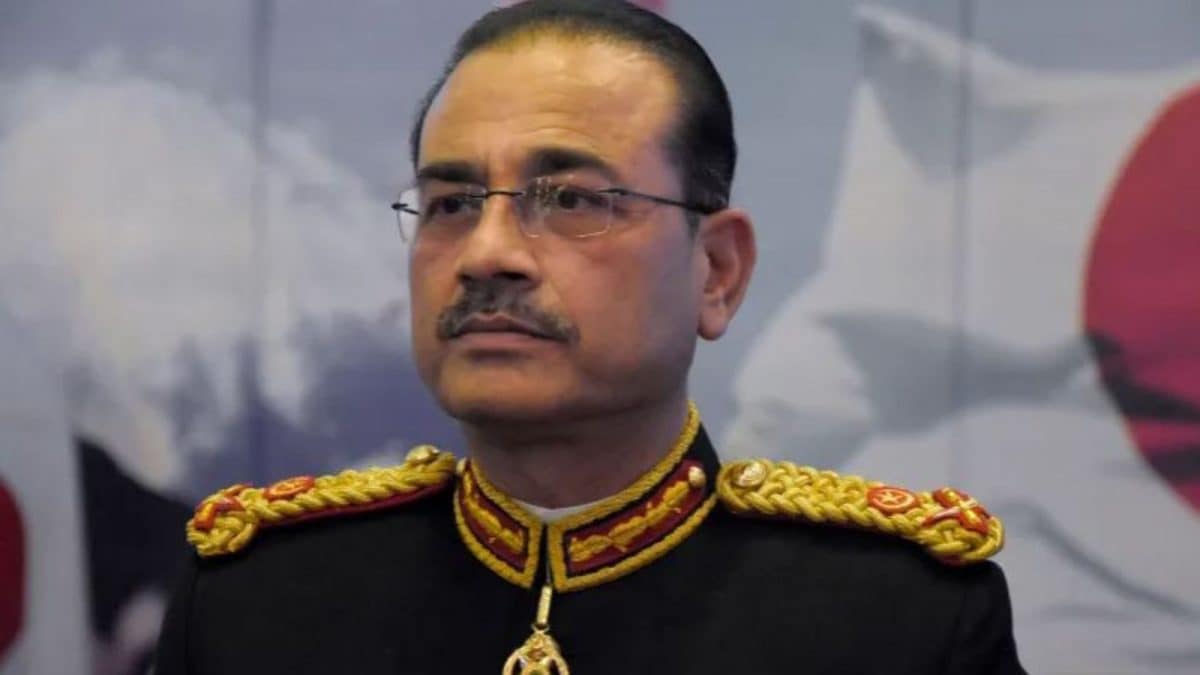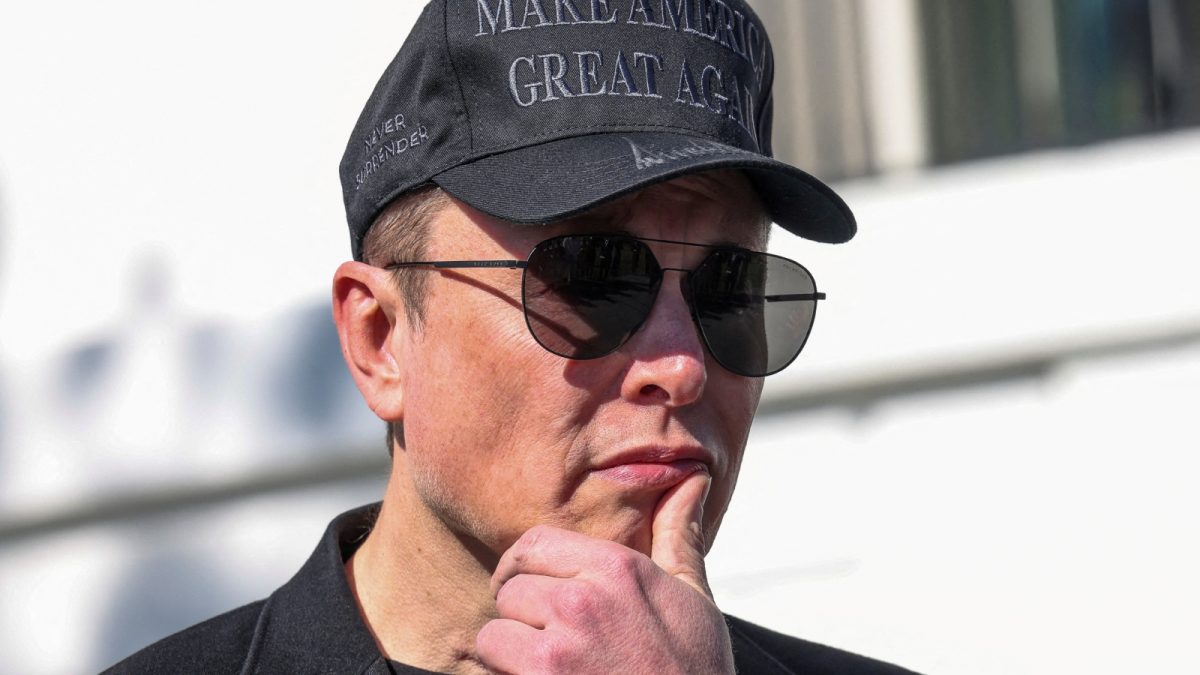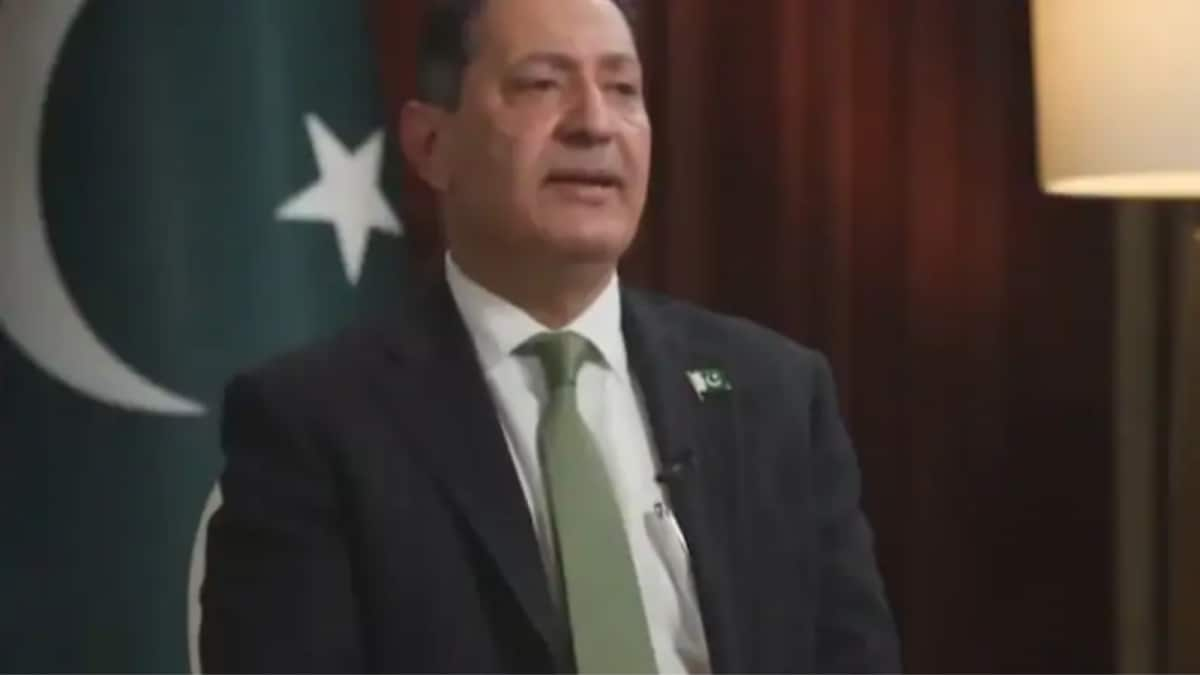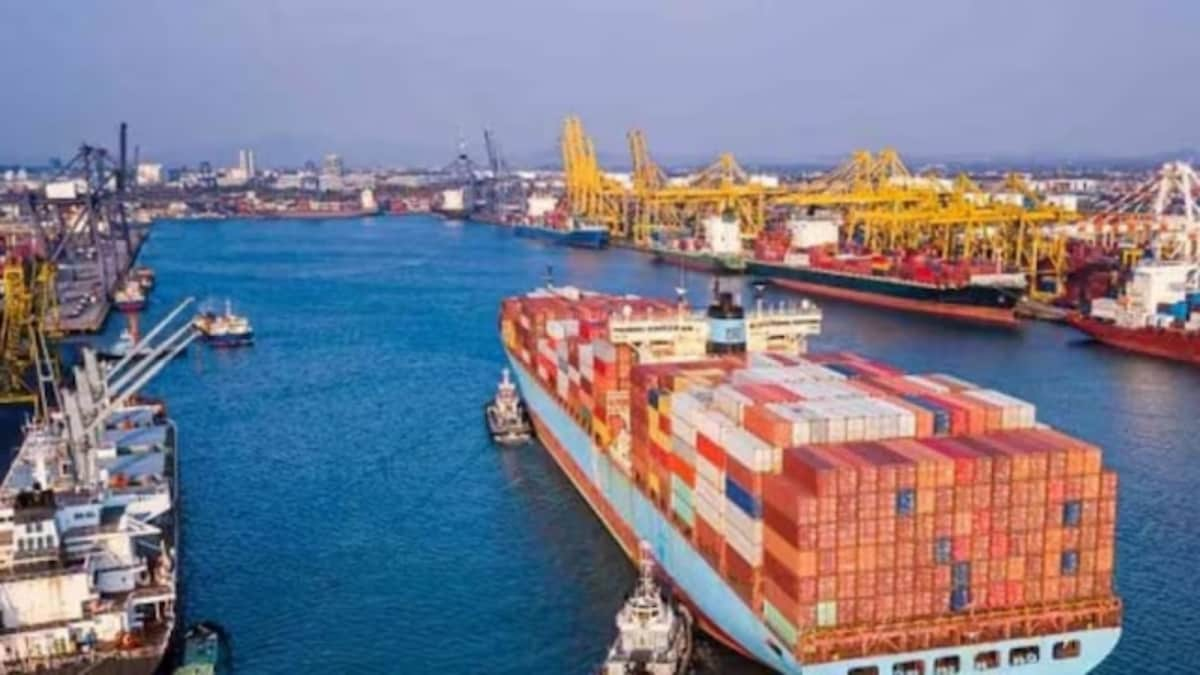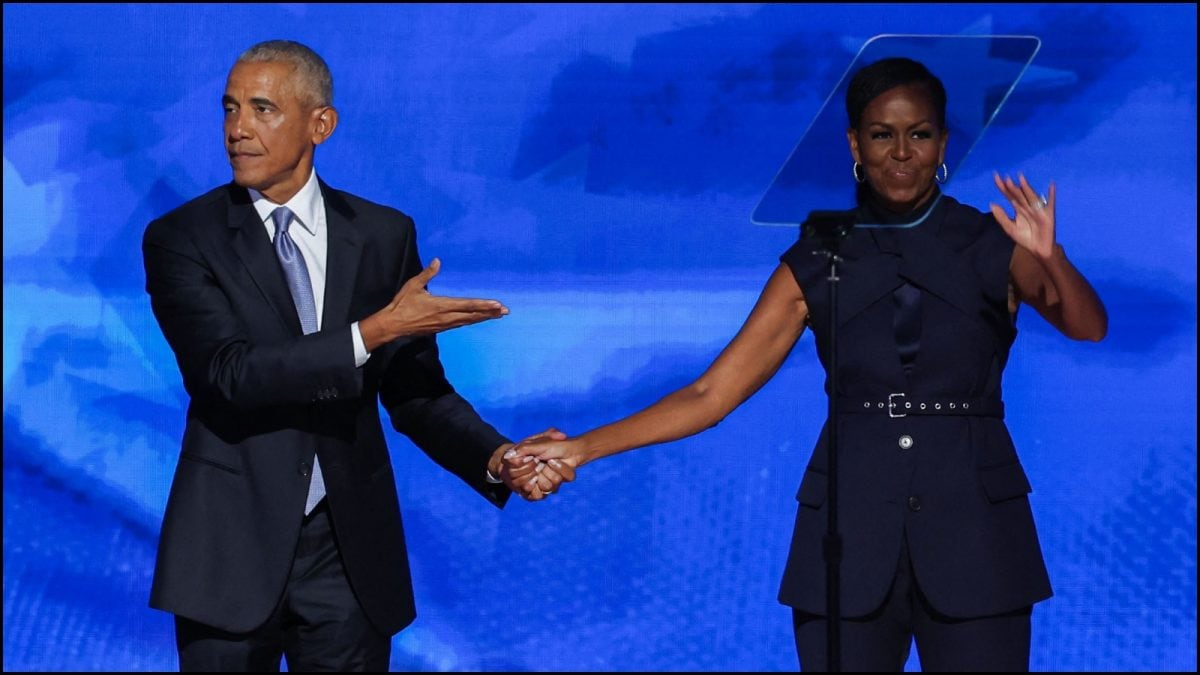Last Updated:April 02, 2025, 23:28 IST
American companies have raised concerns, noting that price controls have not been increased in line with inflation and do not differentiate on the basis of the cost of production or technological innovation, which dissuades US firms from serving the market

The report, released ahead of President Donald Trump’s reciprocal tariffs, which came into effect on April 2, mentions India's drug and medical device price watchdog Pharmaceutical Pricing Authority (NPPA) and its role in capping prices of coronary stents and knee implants. (Representational Image/Getty)
The price controls on medical devices in India discourage American companies from serving the Indian market, says the latest assessment by the Office of the United States Trade Representative (USTR), blaming India for not accounting for inflation, production costs, and innovation.
Not only medical devices, but the report also accuses India of imposing “extremely high basic customs duties", sometimes exceeding 20%, on drug formulations, including life-saving and essential medicines listed by the World Health Organization.
The trade panel shows its discontent with India on the longstanding patent issue and calls India’s intellectual property (IP) enforcement “inadequate".
The 2025 Trade Estimate (NTE) report highlights that India’s tariff and non-tariff policies remain among the most restrictive among major global economies.
The report, released ahead of President Donald Trump’s reciprocal tariffs, which came into effect on April 2, mentions India’s drug and medical device price watchdog Pharmaceutical Pricing Authority (NPPA) and its role in capping prices of coronary stents and knee implants.
It pans NPPA, adding, “US companies have raised concerns, noting that the price controls have not been increased in line with inflation and do not differentiate on the basis of the cost of production or technological innovation, which dissuades US companies from serving the market."
‘India’s overall IP enforcement remains inadequate’
The report slams India’s overall intellectual property (IP) enforcement and says that it “remains inadequate". “US brand owners continue to report excessive delays in trademark opposition proceedings and a lack of quality in examination," it says.
The panel flags that India has remained on the Priority Watch List in the 2024 Special 301 Report due to inconsistent progress on long-standing intellectual property (IP) concerns raised in prior Special 301 Reports.
The 2024 Review of Notorious Markets for Counterfeiting and Piracy (Notorious Markets List) includes physical and online marketplaces located in or connected to India.
While the United States and India continue to engage on a range of IP challenges, it says, as of December 31, 2024, patent applicants reported that they continue to face long waiting periods to receive patent grants and excessive reporting requirements.
“Pharmaceutical stakeholders continue to raise concerns as to whether India has an effective system for protecting against unfair commercial use and unauthorised disclosure of undisclosed test or other data generated to obtain marketing approval for pharmaceutical and agricultural chemical products," says the report, adding that “the US stakeholders also express concerns as to whether India has an effective mechanism for the early resolution of potential pharmaceutical patent disputes."
India maintains ‘very high’ basic customs duties
According to the report, India’s average most-favoured nation (MFN) applied tariff rate was 17.0 per cent in 2023 (latest data available), which was the highest of any major world economy, with an average applied tariff rate of 13.5 per cent for non-agricultural goods and 39.0 per cent for agricultural goods.
“India maintains very high basic customs duties (in some cases exceeding 20 per cent) on drug formulations, including life-saving drugs and finished medicines listed on the World Health Organization’s list of essential medicines," the report says.
It blames India, claiming that “high tariff rates also present a significant barrier to trade in other agricultural goods and processed foods (e.g., poultry, potatoes, citrus, almonds, pecans, apples, grapes, canned peaches, chocolate, cookies, frozen french fries, and other prepared foods used in fast-food restaurants)."
Getting an import licence ‘onerous’ task
The report says that US stakeholders have said that obtaining an import licence for remanufactured goods is “onerous".
“Stakeholders noted excessive details are required in the license application, quantity limitations are set for specific parts, and long delays occur between the submission of an application and the grant of a license," it says.
In the case of refurbished medical devices, it says that “the absence of guidelines to issue licenses and clear import processes under the Medical Device Rules has historically caused delays and uncertainty, limiting US exports."
Further, it adds, “US companies report that they have been unable to import their devices into India since April 2024, when India’s regulator Central Drugs Standard Control Organisation or CDSCO, suspended approvals of existing and new applications for import licenses."
Location : First Published:April 02, 2025, 23:24 IST
News india Ahead Of Trump Tariff Rollout, US Trade Panel Pans India’s Price-Fixing Of Medical Devices, Essential Drugs

 1 month ago
1 month ago
